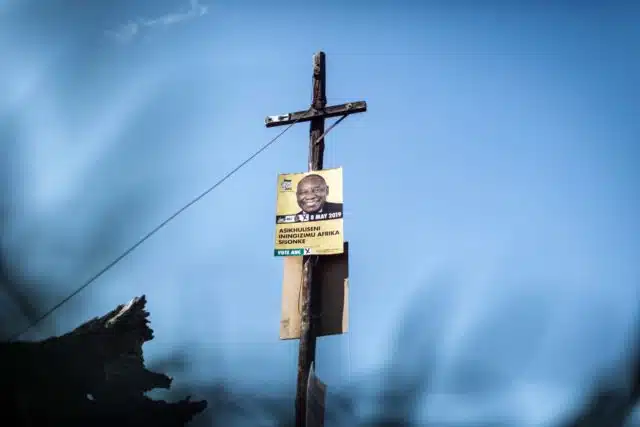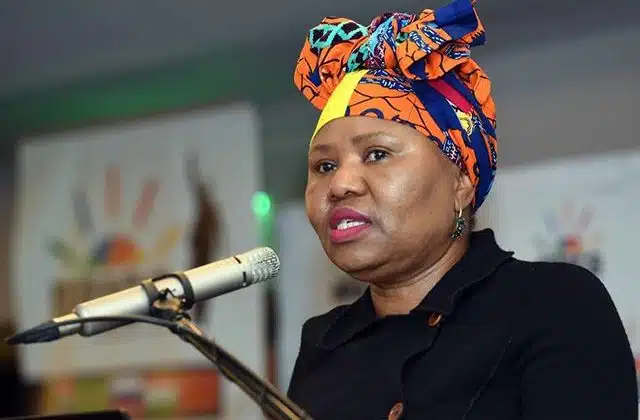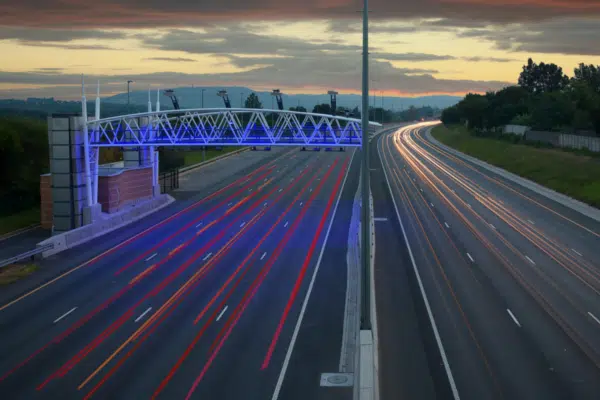
Big shake up for election laws in South Africa – with more names expected on the ballot
Parliament has faced challenges in reforming South Africa’s legislation regarding elections, but with it reaching its final stages, questions around its constitutionality remain.
After an impactful Constitutional Court ruling in June 2020, Parliament was tasked to renovate the electoral system to allow independent candidates to run for political office without being affiliated with a political party.
Allowing individuals to contest elections has been argued to broaden the options for people to choose who they want to represent them. The inclusion of independent candidates is also said to drive democracy as there would be more political competition.
The Electoral Amendment Bill seeks to change the Electoral Act of 1998 to provide provisions for the election of independent candidates to the national parliament and provincial legislatures.
Parliament said it has now reached a ‘workable system’ under the Electoral Amendment Bill and is in the final stages of the legislative process after multiple delays.
The bill has been in parliament since June 2020 and has undergone weekly deliberations this year since May.
Legal experts from Cliffe Dekker Hofmeyr noted that it is a challenging task to amend the bill as the principle of proportional representation has its part to play in democracy. The firm provided the following example:
“If come the next general elections, there are 20 million registered voters; and a popular individual running for office obtains a mandate from two million voters, it cannot be possible that despite securing 10% of registered voters, the individual is given only one seat in whichever legislature they ran for. Such an outcome would be grossly unfair and disenfranchising towards the voters,” said Cliffe Dekker Hofmeyr.
Speaking to Newzroom Afrika, Brandon Pillay, a member of the Home Affairs Portfolio Committee dealing with the amendment, said that individual candidates need some measurement of prominence and support.
For this reason, there is a required percentage of signatures needed by a candidate from its constituency indicating support. Political parties, however, at the current moment, do not require such signatures.
The threshold of signatures has been lowered since it faced backlash – originally being at 50% of the total votes received for a seat in parliament. Pillay said that it is now required that if a seat was worth 44,000 votes, then 20% of the 44,000 voters would be required to be signatories; this amounts to 8,800 signatures.
Political parties, on the other hand, according to Pillay, require a founding document and 1,000 registered voters in respect of the National Assembly. He said that this, however, is dealt with by different legislation, and the new Electoral bill primarily deals with allowing independent candidates to contest elections, not accommodating them.
Pillay said that there has to be an indication of some level of support for independent candidates, as political parties have already shown a level of support.
Whether the bill will be finalised by the next 2024 election, Pillay said that it had now reached a point where it can be finalised.
Despite this, there is a view that the approach made by Parliament could deter independent candidates from contesting elections. Pillay said this is a view of NGOs and is not the case.
Various civil society organisations are considering legal action against the bill noting that its introduction would be unconstitutional, reported News24.
The groups said that Home Affairs is dealing primarily with a minority decision of a ministerial advisory committee that pushed the sole use of a proportional representation system when dealing with independent candidate inclusion, not a mixed one that accounts for a single-member constituency alongside proportional representation.
NGO My Vote Counts said in light of the upcoming deadline of the 10th of December 2022 – if Parliament continues this route and endorses a flawed participatory process, it would not only bring the Act’s constitutionality into question but also pose several risks to the upcoming 2024 general election, reported News24.
Read: New shopping mall opens on KwaZulu-Natal’s North Coast



